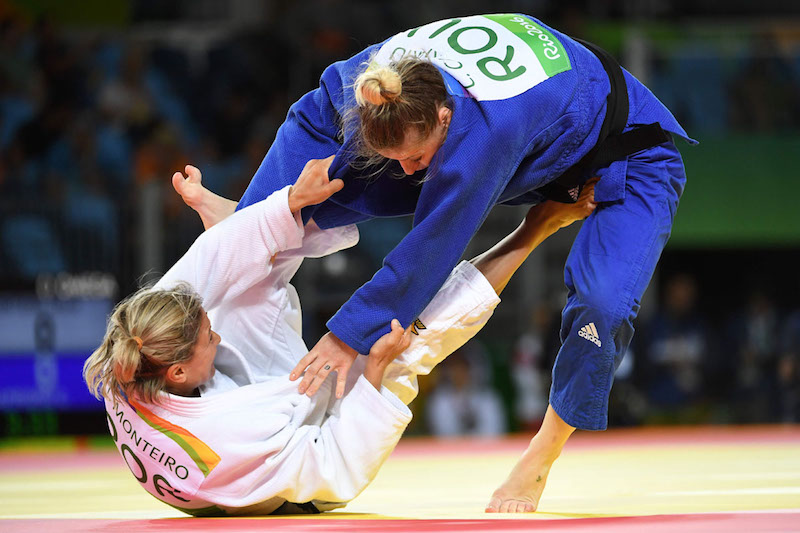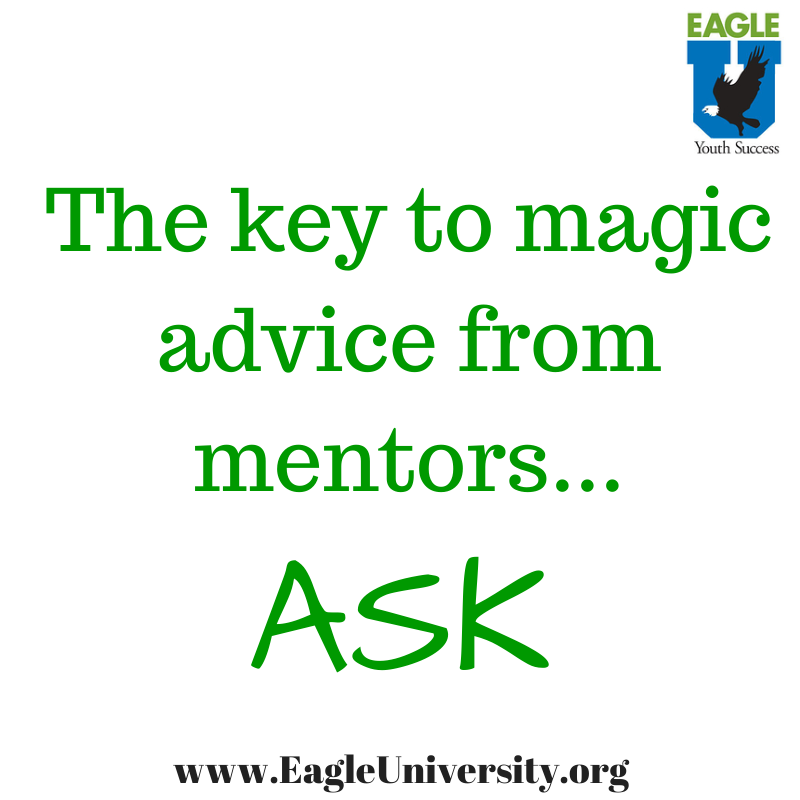You have probably heard the phrases “knowledge is power” or “as you know more you can achieve more.” Society praises the studious and the well read because they are often the ones who obtain the most success. But is the goal just to fill the mind with knowledge for knowledge’s sake? Is life a perpetual competition to be the best trivia contestant? I think not. The goal of our habitual knowledge absorption should not be the sheer amount of knowledge obtained, but the quality and application of that knowledge. Enter the magical possibilities of Interviewing for Information.
Interviewing for information (IFI) is the practice of meeting with a mentor and asking specific questions relating to something you are trying to improve in yourself. This technique can be used to learn a language, a sport, financial sense, business skills, general life advice and any other aspect of the world that interest you. Let’s deconstruct this skill into five different parts: research, preheat, introduction, discovery, and close.
The Research
Research is the first and possibly the most crucial step in the IFI process because the better research, the better the questions. Voltaire, an eighteenth century philosopher and figure of the French Revolution, once said “Judge a man by his questions rather than by his answers.” Simply put, questions are the key to personal growth. Research requires you to learn enough about whatever you are trying to learn to have a productive conversation with an expert. For example, if someone was trying to learn Brazilian Jiu-Jitsu and the most efficient ways to train, then their research will look something like this:
- First, they would read and watch videos about Brazilian Jiu-Jitsu to develop a basic understanding, learning the key components of the martial art and the training outliers. Outliers are those people that should not be world class because of their genetics, their circumstances or some other factor, but somehow they still are. These people are the best teachers and the best mentors because they have excelled without an innate advantage. For Brazilian Jiu-Jitsu, find a mentor who has no genetic or socioeconomic advantage and who is largely self-taught. This way you avoid most of the formal handicaps and anachronistic training methods that hamper efficient learning.
- Second, it is time to write some initial questions. Here are a few of my favorites to get you started:
- What is the single most common mistake beginners make?
- What three lessons do you wish you had learned earlier?
- If you could start all over, what would you do differently and why?
After you have found your mentor, done your research, and formulated some initial questions, it is time to move on to the next step: Preheat.
The Pre-Heat
The concept of the pre-heat can be summed up in one statement: people believe more what they hear from others about you, than what you tell them yourself. Basically, if you want to speak to a potential mentor you’ve never met, it’s important to have the proper pre-heat. Your first step in making a connection is sifting through your network of friends, family, and co-workers. When you find a contact who can connect you, have them properly pre-heat the mentor. Your contact can pre-heat your mentor by informing them with this information: how the recommender knows you, what you’ve accomplished, and a personal endorsement of you. In addition, your recommender should pass along your brag book to whom you wish to speak. A brag book is like a resume but has the power to catch the attention you wish to grab (click here to learn more about brag books).
Essentially, the pre-heat is more than an introduction. It is an opportunity for your future mentor to learn about why you are interested in speaking with them, and what you hope to get out of the conversation. Without adequate preheat, the mentor relationship will not be as fruitful. Always, always use preheat.
The Introduction
The Introduction must take place immediately after preheat. Once you get the mentor’s attention, have someone introduce you (preferably) or introduce yourself to set up a meeting. Be polite and be interested. Mentors are often very willing to spend time with someone who shares their passion. Be confident, be bold, and just ask.
The Discovery
Next, is the holy grail of learning: the discovery portion of IFI. Now that you have done your homework, found a mentor, and created an opportunity for yourself to meet with them, you can reap the rewards of all your hard work. So, here a few tips for the discovery portion.
- Make sure you have questions prepared. Your preparation conveys your passion and your respect for the mentor’s time.
- Listen to the answers your mentor gives so you can be prepared to ask follow-up questions. Don’t worry about “sticking to the script!”
- Show up early, dress appropriately, and bring a notebook to record all the valuable insights. If you’re interviewing the person over the phone, the same rules apply.
- After your interview is complete, thank the mentor for their time and ask if they have any questions for you. They might be curious about why you are interested in this subject, they might have a job opportunity that you would be perfect for. It never hurts to ask.
The Close
Lastly, the IFI process is never complete without a close. Closing out the interview is like putting the icing on a cake. It allows for closing remarks, one final thank you, and most importantly it keeps the door open for a future relationship. Imagine if you had a meaningful conversation with someone, and then you never heard from them again. How would that feel? Probably not very good. Within a few days after your interview, send the mentor a short note (bonus points if it is handwritten), thanking them for their time and establishing a periodic time to contact them. This is optional, but personally, I contact most of my mentors on a monthly basis or bi-monthly basis. Just a quick note and a question. To organize this, develop a mentor contact schedule, which is basically a blank page numbered one through thirty. Write the names of each mentor on a different number and make a commitment to contact them on that date every month.
Congratulations. You have discovered the most powerful resource for learning any skill and mastering any topic, but it does not stop there. Information is only as good as its application. So, try to apply what you learned in your interview as much as you can. Application and learning go hand in hand–If you neglect one, you discount the other. Good luck and happy interviewing.
Written by Christopher Chambers


